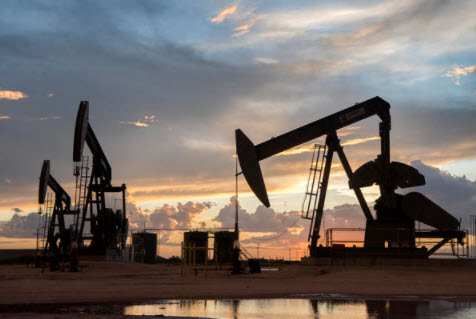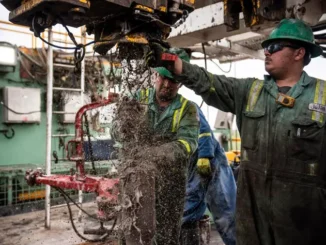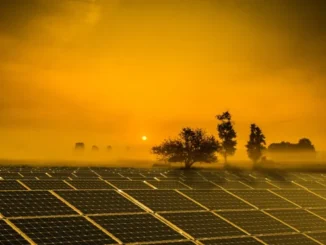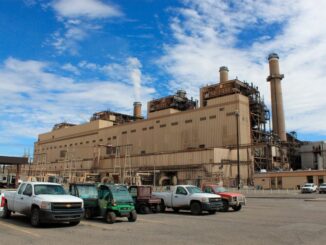
New Mexico has always been a large oil and gas producing state, however in recent years it has also added large amount of wind and solar to the energy production portfolio. The mix of energy production in New Mexico is made more complex by the combination of state, federal, Indian and fee lands across the state.
When Joe Biden announced by executive order on January 20, 2021 that there was going to be a 60 day pause on new federal oil and gas leases, New Mexico was always going to be especially impacted. It has the largest onshore federal land amount in the west. On January 27, the Department of Interior clarified that Indian tribes would be exempt from the moratorium because of the economic benefits.
In 2018, with the increased production out of the Permian basin, New Mexico became the third largest oil producing state behind Texas and North Dakota. More than 60% of New Mexico production is from federal lands, with the remaining 40% providing 39% of New Mexico’s total state revenues in 2019.
On the renewables side, New Mexico passed an increased renewable contribution into law in 2019 for the Renewable Portfolio Standard (RPS) that will require 50% by 2030, 80% by 2040 and 100% by 2045 for investor-owned utilities. According to the EIA, in 2018 wind already accounted for 19% of New Mexico Energy production and commercial solar added another 4%.
This balance of revenue and jobs that flow back into the state is why on March 11, New Mexico Governor Michelle Lujan Grisham asked the Biden administration and the Department of Interior for the state to have an exception to the oil and gas moratorium. Even with the increased renewable energy production in the state, oil and gas will continue to be part of balancing the New Mexico economy.
This conversation about New Mexico is made even more interesting with the pending confirmation of Deb Haaland as the Secretary of the Department of the Interior. Once confirmed, Haaland will oversee both oil and gas leasing on federal lands, and Indian tribes. As a New Mexico resident, Haaland’s nomination is historic, as she is a member of the Pueblo of Lagnua and also has Jemez Pueblo heritage and would be the first Native American to run the Department of Interior.
While Haaland has historically taken a stance against oil and gas development, during her confirmation hearing indicated she acknowledged oil and gas will continue to play a major role, and that the revenues are critical to fund other services. However, she did also indicate that public lands would be used for wind and solar developments, so once she takes office it will be interesting to see what her next steps are in relation to the 60 day moratorium, and ongoing discussions with Gov Grisham.
The critical thing in this evolving conversation is the understanding that ongoing development of all forms of energy in New Mexico, and around the US, needs to be a balance of economic decisions, like revenue and jobs, minimizing environmental impact because of any development, and ensuring the communities have access to the energy they need.



